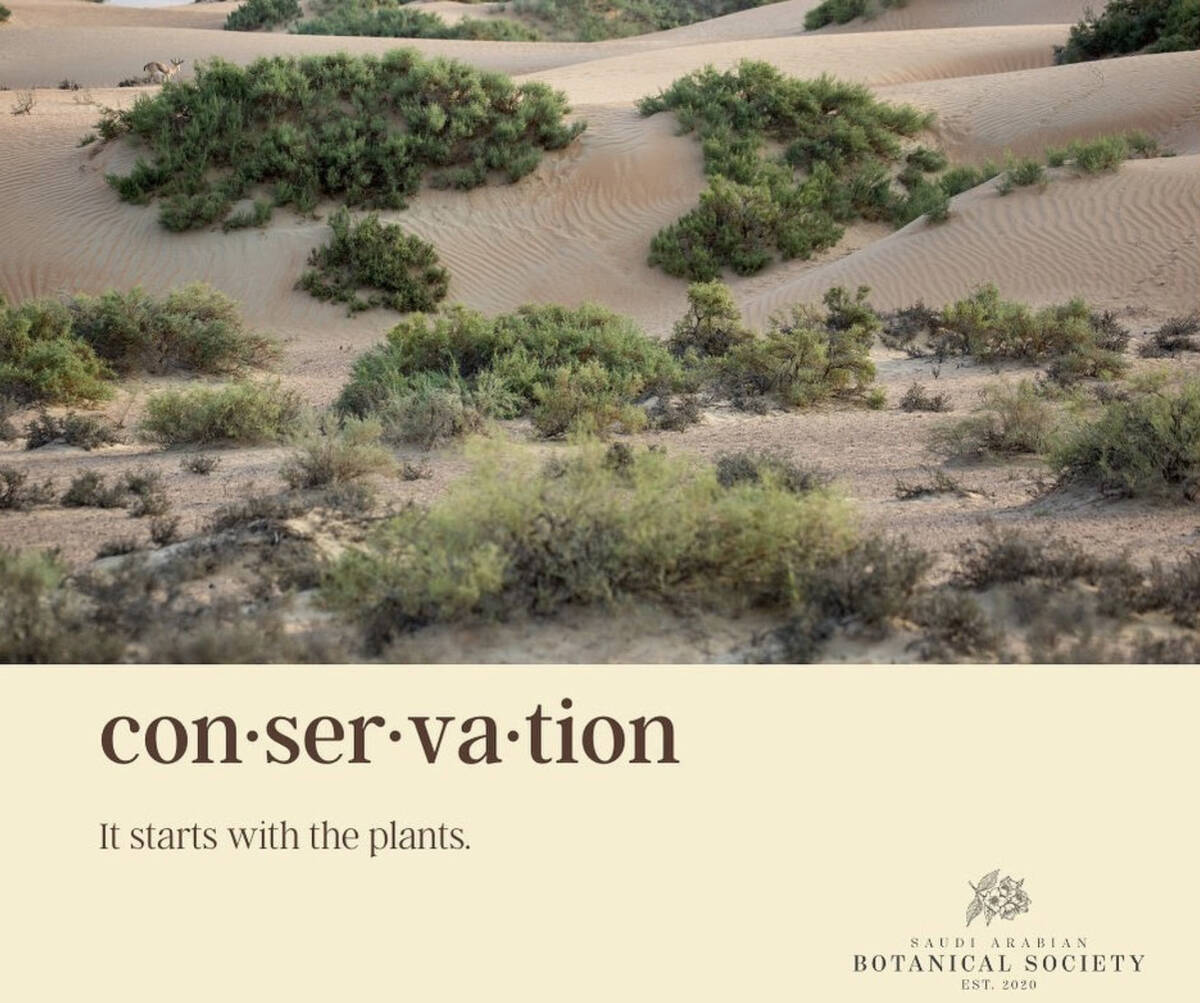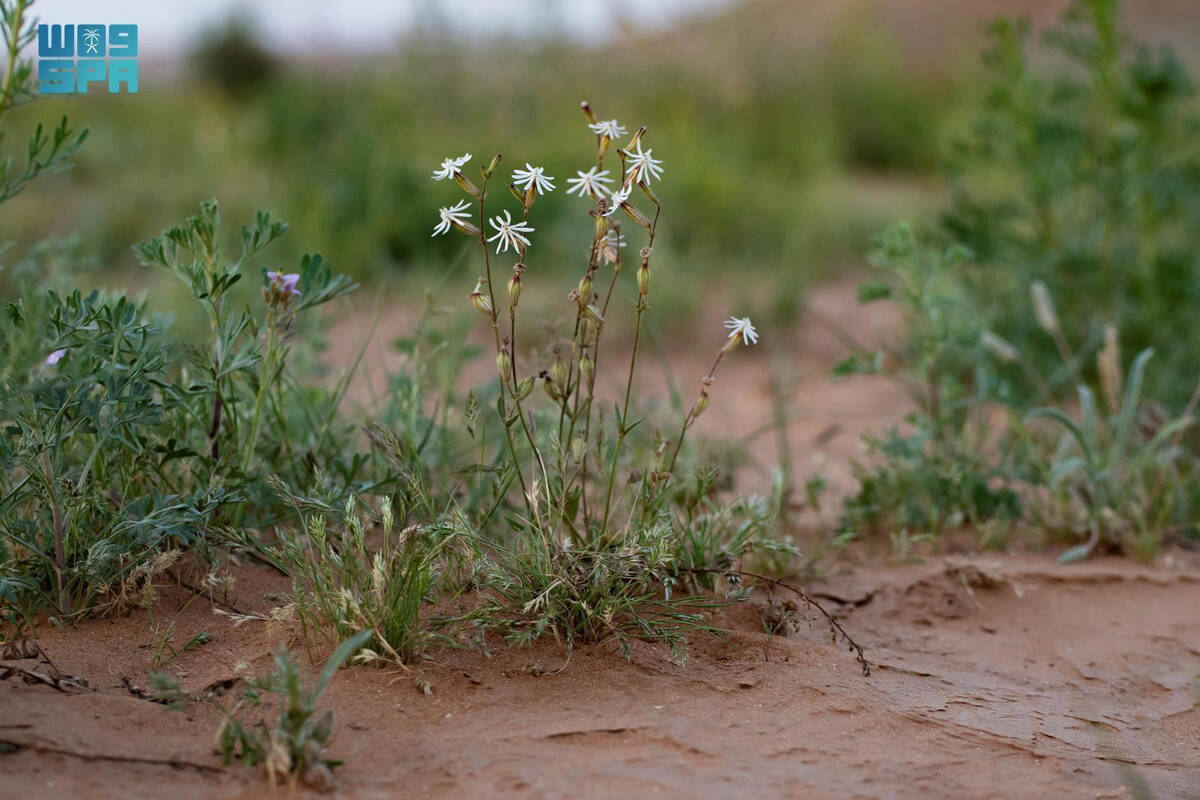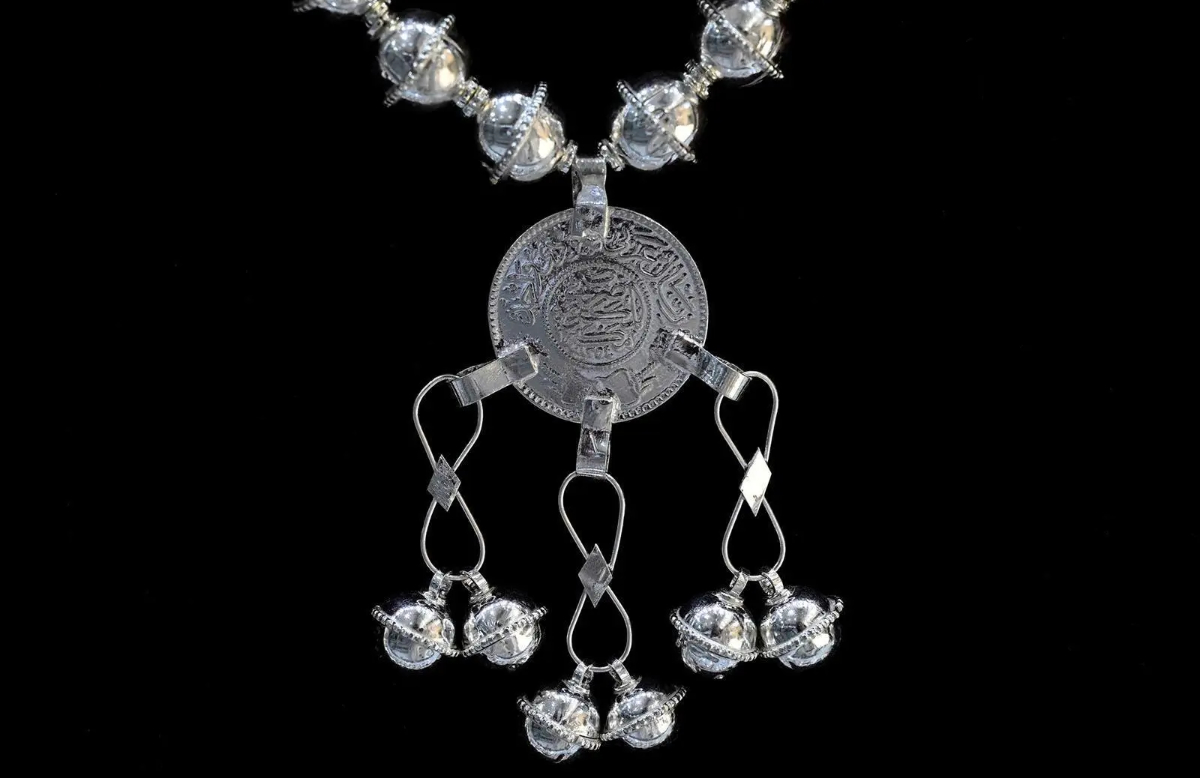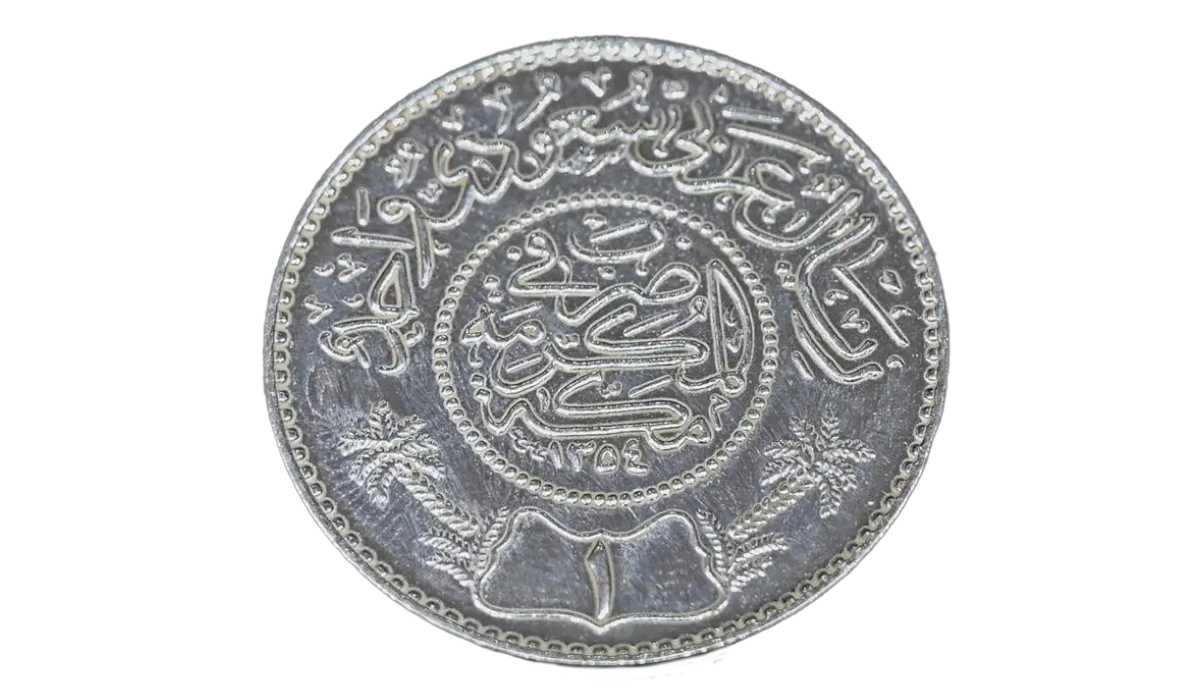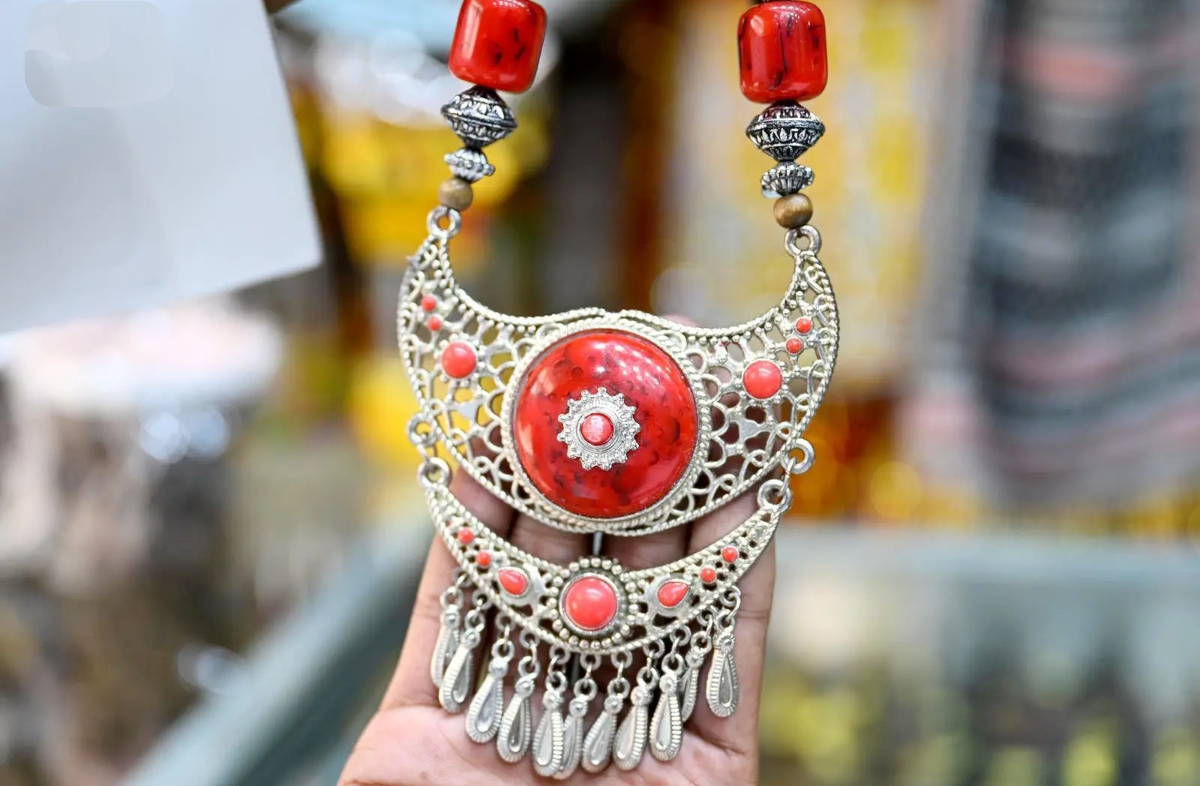RIYADH: A driver of healthcare innovation, Dr. Andrew Padmos built and managed a hematology and oncology clinical program at King Faisal Specialist Hospital and Research Centre, establishing the first bone marrow transplant program in the Middle East during his 15-year tenure in the Kingdom that started in 1978.
“We left Canada in September of that year (1978) with two small boys, aged 2 and 4, and came to Riyadh at that time for what we thought was one or two years. We found it a marvelous place to live, to work, and to raise a family. We stayed for 15 years,” Padmos, a physician and hematologist, told Arab News.
“As a family, we felt very welcome. We were treated very well, not only by the hospital but in the community. And we felt obviously safe. Our children went to preschool at that time. Later they attended international schools,” he said.
Padmos and his wife had their third son in Saudi Arabia. Their children attended the British school in Riyadh and later the American school.
Discussing his professional career in medicine, he described as “exciting” the work he did at King Faisal Specialist Hospital and Research Centre.
“I was the only hematologist … in the hospital. In fact, I think I was the only hematologist in the Kingdom. I became very busy very quickly with patients with leukemias, lymphomas, and other disorders,” he said. “We developed, I think, sophisticated medical services.
“I was fortunate at King Faisal Specialist that we were not limited in our vision or our resources, so we were able to accommodate patients with (more) advanced medication, advanced treatment available (than) other places in the world. And we were constantly in touch with other centers of advanced medical care,” he recalled.
In 1982, Padmos spearheaded a major milestone in the Kingdom’s health sector. He approached the head of King Faisal Hospital and presented the idea of conducting life-saving bone marrow transplants within the Kingdom rather than sending patients abroad.
“I made a point that we were sending patients out to the US and the UK for bone marrow transplantation. And the head of the hospital said, ‘If we can do it here, please go ahead and set it up.’ And nine months later, we did the first bone marrow transplant, and that would be earlier than in many countries around the world,” Padmos said.
“It was in 1983 that the first transplant was done. And, now at King Faisal Specialist, they do more than 100 a year,” he added.
Discussing the Kingdom’s early ambitions to be a driver in healthcare development, Padmos said: “The speed of development, the enthusiasm to develop and advance medical technology was always with us. And happily, the resources were available to make it happen.”
When asked what the most significant aspect of his career in the Kingdom was, he said: “The patients probably are the most significant thing in my career, to work with so many young, old, and deserving patients. They were so gracious … They had a religious and cultural acceptance of the medical situation.”
He also acknowledged the dedicated efforts of the nurses he worked with during his tenure, who came from around the world.
Reflecting on the accomplishments and milestones he helped achieve in healthcare, Padmos humbly added: “I was lucky to be in the right place and to be with the right leaders”
As a part of his efforts to enhance the Saudi health sector for generations to come, Padmos assisted in facilitating a training program for Saudi students to learn from leading experts in hematology and oncology in Canada.
After helping set up the program, there are now 1,000 Saudi physicians undergoing their advanced post-graduate training in Canada.
“It’s a program that’s been going now for 40 years, and many, maybe even the majority, of the advanced positions in the Kingdom are filled by Saudi physicians who trained in Canada. And I was very happy and lucky to be at the beginning of that process,” Padmos said.
The doctor commended the King Abdullah Scholarship program, which he said sent 600,000 young Saudis “out all over the world.”
He added: “(It is) probably one of the most, impressive, most extensive social engineering and transformation projects the world has ever seen, in (terms) of dedicating so much effort and so many resources to … training young people outside the country.”
Padmos left the Kingdom in 1993 and went on to become the head of the cancer center and program at Queen’s University in Kingston, Ontario, where he worked for five years.
Within that timeframe, he made multiple visits to the Kingdom to meet with patients who wanted him to come back and reconnect.
“In 2006, I joined the Royal College of Physicians Surgeons of Canada as the chief executive, and the first people to knock on the door were from the Saudi Cultural Bureau to try and expand the number of Saudi medical trainees in Canada,” he recalled.
During that time, Padmos said there would be a greater capacity for sending Canada’s educators to Saudi Arabia to work with local hospitals.
“We started a collaboration and an accreditation. And now in several of the postgraduate programs, Saudi physicians can do their training in Saudi Arabia,” he said.
“We’ve created a bridge, a very long bridge, from Canada to Saudi Arabia, based on the same standards for specialty certification of physicians in many disciplines. And that program is continuing and growing year by year.”
Padmos highlighted the many changes he has witnessed since returning to the Kingdom in 2024 for the KSA-Canada Education Forum in Riyadh.
“The … country has entirely become more modernized and more developed,” he said. “When I came and we moved into our townhouse at King Faisal Specialist Hospital, we were at the edge of the city. It was nothing but desert and some survey blocks beyond that and to the airport — 25 km of nothing.
“Now, of course, that’s totally built up. The population is big. So dramatic changes there, dramatic changes in the capability, the confidence, and the enthusiasm of young people (who) still respect … their teachers. So, these strong cultural roots are still evident, but there is a modern overtone. More women are now advancing their careers outside of the home, in medicine, in other specialties.”
Padmos is currently working to link up Saudi and Canadian institutions for training nurses.
“There’s been a social transformation, commitment to education, to excellence, and to real enterprise that I think is so gratifying, so impressive. And I hope we can bring many more Canadians here so they can see and participate in this development process. I think it strengthens everything we do in Canada,” he said.














